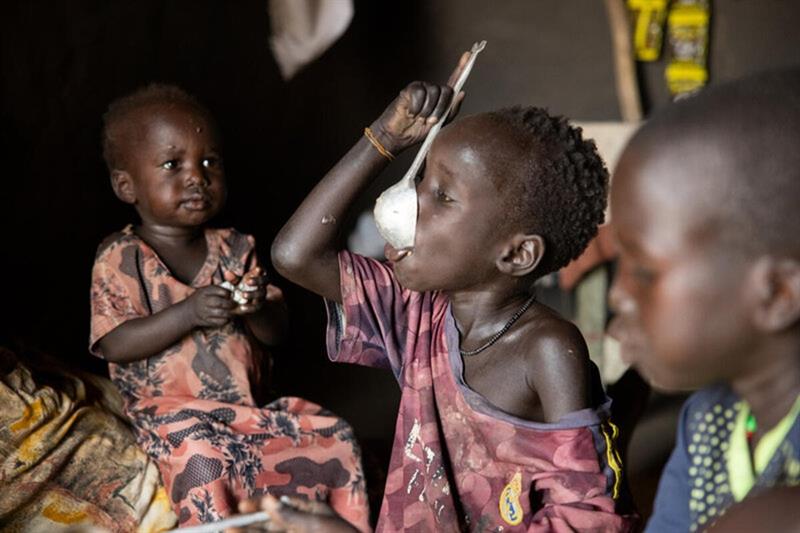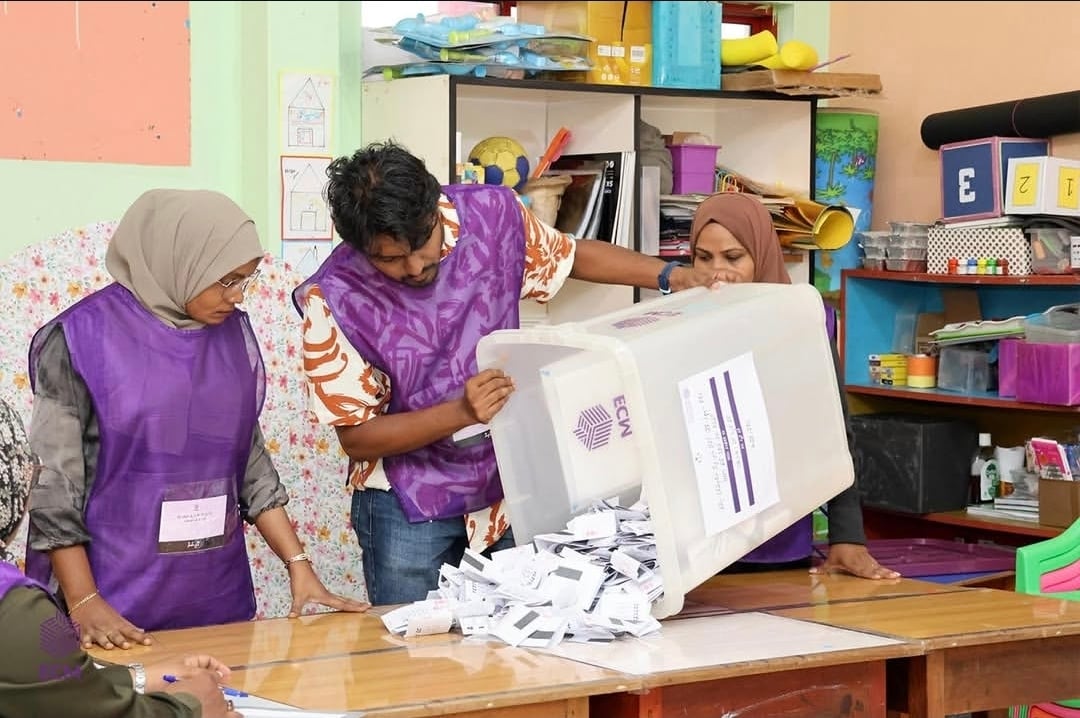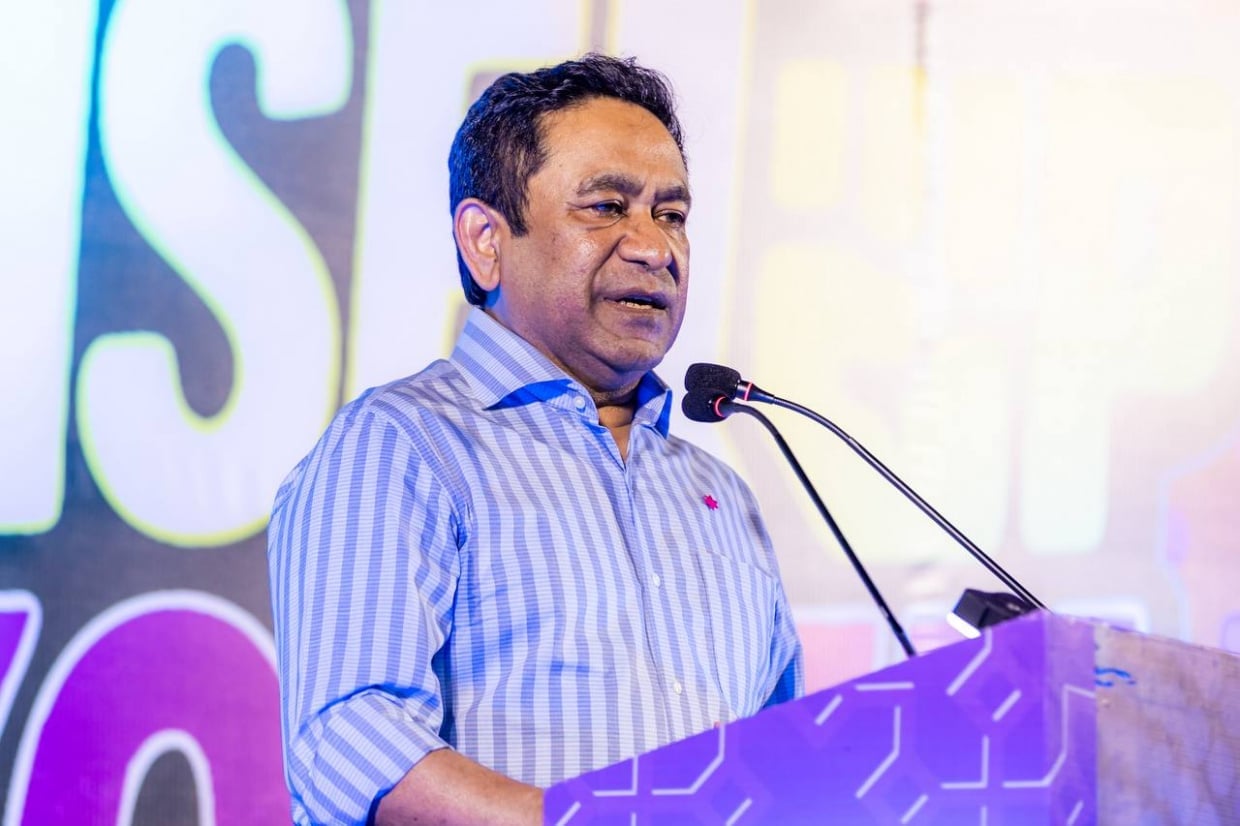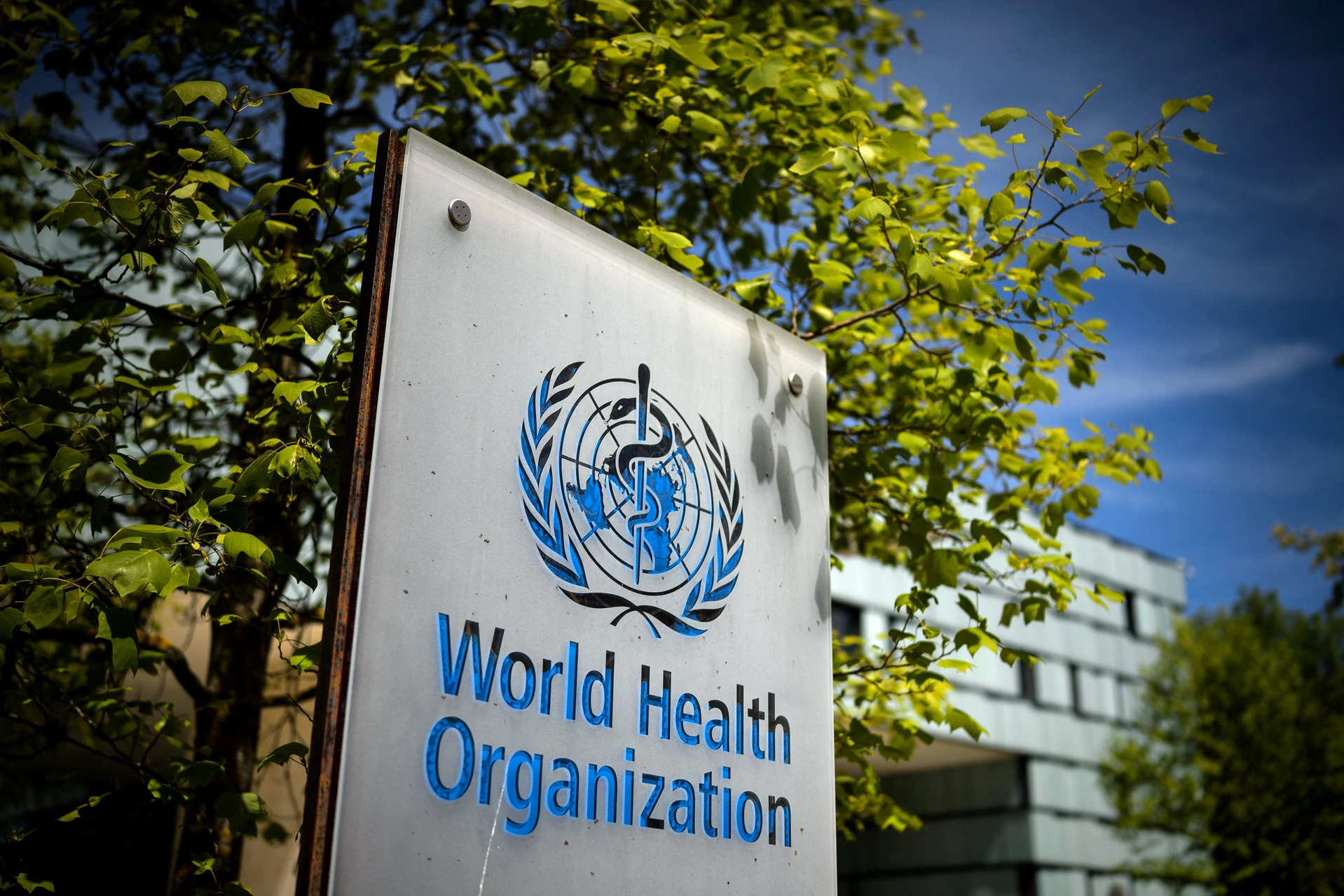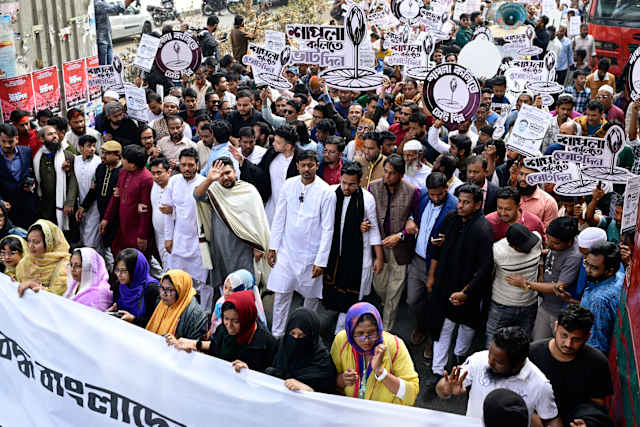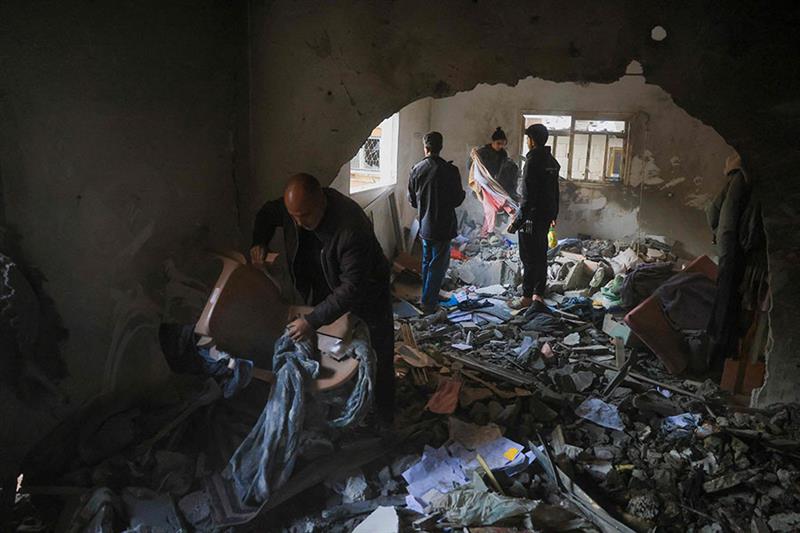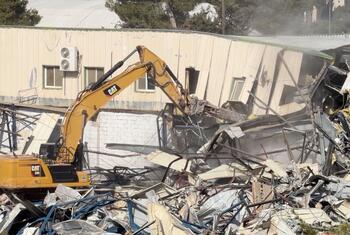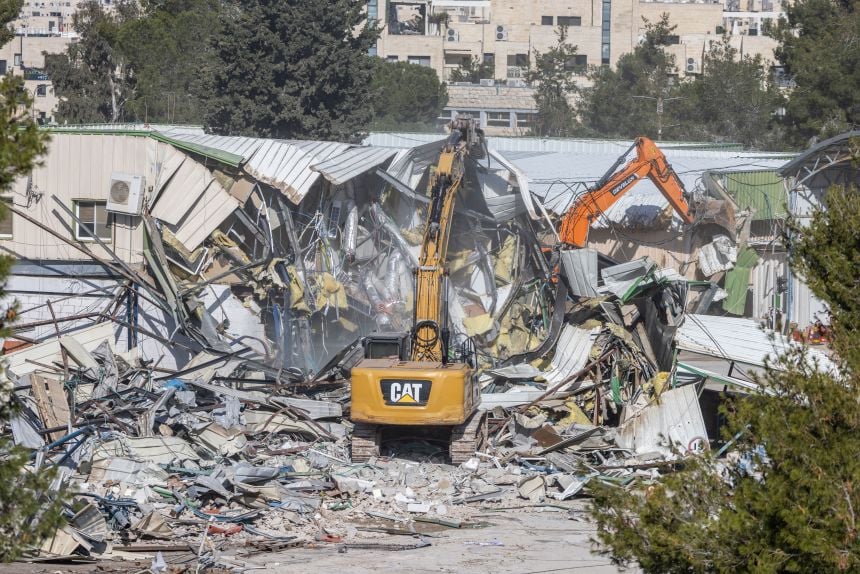Nearly 7.7 million people in South Sudan are facing crisis levels of hunger, the United Nations World Food Programme (WFP) said Wednesday, warning of near-record levels of food insecurity driven by escalating conflict and displacement in the country’s northeast.
The worst-affected region is Upper Nile State, where clashes between forces loyal to President Salva Kiir and First Vice President Riek Machar have intensified. The WFP said one million people in the area are experiencing “high levels of hunger,” with 2.53 million people nationwide classified as facing emergency conditions, and 63,000 on the brink of famine.
“Insecurity has forced WFP to pause food distributions in six counties in Upper Nile to protect staff and civilians,” the agency said.
The violence has also disrupted trade, leaving many without food or clean water. “There is no shelter, and there is scarcity of food,” said Reath Yian Ulang, a father of four in Ulang County. “We now drink water from the swamps.”
Adding to the crisis, South Sudan is battling a cholera outbreak with UNICEF reporting nearly 40,000 cases and almost 700 deaths since September—mostly children. The country is also hosting over 1.1 million people fleeing the civil war in neighboring Sudan, nearly half of whom face catastrophic hunger, the WFP said.
Humanitarian aid agencies warn the situation is being worsened by deep cuts in foreign assistance, particularly from the United States. “Children are dying,” aid workers say, as health and nutrition services close in remote areas due to lack of funding.
The worst-affected region is Upper Nile State, where clashes between forces loyal to President Salva Kiir and First Vice President Riek Machar have intensified. The WFP said one million people in the area are experiencing “high levels of hunger,” with 2.53 million people nationwide classified as facing emergency conditions, and 63,000 on the brink of famine.
“Insecurity has forced WFP to pause food distributions in six counties in Upper Nile to protect staff and civilians,” the agency said.
The violence has also disrupted trade, leaving many without food or clean water. “There is no shelter, and there is scarcity of food,” said Reath Yian Ulang, a father of four in Ulang County. “We now drink water from the swamps.”
Adding to the crisis, South Sudan is battling a cholera outbreak with UNICEF reporting nearly 40,000 cases and almost 700 deaths since September—mostly children. The country is also hosting over 1.1 million people fleeing the civil war in neighboring Sudan, nearly half of whom face catastrophic hunger, the WFP said.
Humanitarian aid agencies warn the situation is being worsened by deep cuts in foreign assistance, particularly from the United States. “Children are dying,” aid workers say, as health and nutrition services close in remote areas due to lack of funding.



